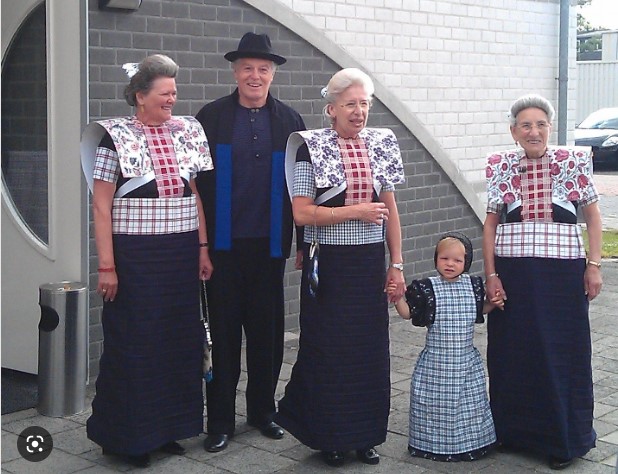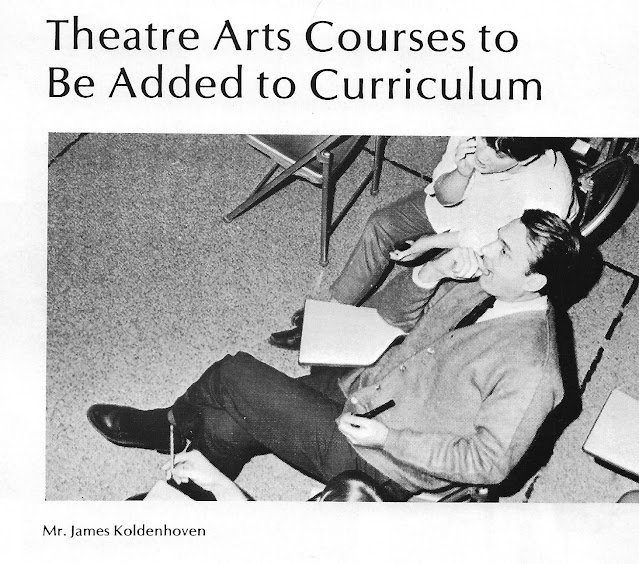Here's the thing.
It's become something more than a game with us, which is not to say that there's no joy in it because there is. I keep a pile of clothes on a shelf high up in the closet, and that pile grows and grows until the whole lot of it gets delivered to Zestos, the relief agency just up the street, an organization who never has to buy anything but more space for the goods they so abundantly accumulate in our consumerist culture--of whom I am one, and a frequent contributor.
The Spakenburg Socks, despite their historic significance, will soon, I'm thinking, become part of that pile of excess, in large part because I don't need them, or won't when I go to the Home, where I am bound. What's more, as anyone I know understands, it's an act of mercy to my children to get rid of life's abundant stuff so that my children don't have to slug their way through all the detritus and haul it out of the house, socks and shoes and pens and pencils, Christmas lights and big, wide canvas photographs. Whatever the two of us can get rid of is abundantly less work for our children.
So the socks will go, maybe to someone who really needs big, fat woolen socks. This winter, their numbers could be legion.
What I've written for the last few days is something of an elegy, I suppose. After all, those died-in-the-wool Spakenburg-ers weren't wrong about the outlines of class: generally speaking, heavy wool socks aren't standard wardrobe for professors. Those old woolen socks weren't worn more than a dozen times. Once I put them up on the pile on the shelf upstairs, honestly, I'm not going to miss them. I'd forgotten about 'em, after all. I'm saying all of this only because, hey--there they were at the bottom of a box I hadn't opened for a year or more.
What I'll miss, however, is the story that emanates in from them. When I give them away, what I'll miss what they represent, the story they still tell. Neither of our children will remember much of that, and neither of them, post-funeral, will pick that pair of socks out of a drawer and say, "Oh, man, remember these?"
Nope. I'm the only one who knows the story they tell. I'm the only one who hears it. When someone down the line pays a quarter for 'em at Zestos, that someone won't say, "My word, I can't believe Jim Schaap threw these things away."
Nope. A sock is a sock is a sock, and, this winter especially potential warmth is the only qualification of any regard--"You don't see real wool socks like that around anymore. I'll take them for Elmer. He'll love 'em."
One of the most gorgeous cathedrals in the world is in Venice, where, once long ago, certain townspeople and clergymen understood that for the locality to get on the map, it needed a relic or two. So they went off to Alexandria, where supposedly Saint Mark was martyred, and pilfered whatever was left in his grave, then took the goodies home.
That cathedral is the Cathedral of St. Mark. Here it is. It's unbelievable really.
Relics--the bones purported to be the remains of St. Mark of the Bible, one of Jesus's disciples--made the basilica and thus made the town, Venice, Italy, a viable city/state. Just bones. Old ones.
The odd reverence I hold for the Spakenburg socks is an almost obscene means by which to understand the jaw-dropping beauty of St. Mark's Basilica, but, impossible as it may seem, there's a connection. We come very easily to veneration, imbuing relics, artifacts, items drawn from our ordinary lives with meaning and beauty and truth far beyond whatever value that artifact has or will ever have, and we do it, often as not, out of love, devotion, remembrance.
Think of it this way--given our circumstance here and now in northwest Iowa, chances are that no one named Elmer will eventually wear the Spakenburg socks. In all likelihood, right now, his name will be Luis or Pablo or even Jesus, and he may well be someone here without documentation or awaiting a hearing. He may wear them to a milking parlor or construction site. Chances are, he may never have heard of Spakenburg, or the Netherlands, for that matter. Could be, when he pulls them off at night, he can't help but think how blessed he is to be here where his family is safe.
Now just telescope a bit. Maybe someday, his own kids will remember the Spakenburg socks because they've never forgotten how hard the old man had to work in those early years. Maybe they'll smile when they're picking through Dad's things. Maybe one of them will keep them, to remember.
Who knows?
I'll give them up, but I want the world to know that they've earned some veneration in my heart and soul--and, with blessing from above, maybe someday they will tell yet another meaningful story.
I like that. It's a story I can live with.





















.jpg)







.JPG)




